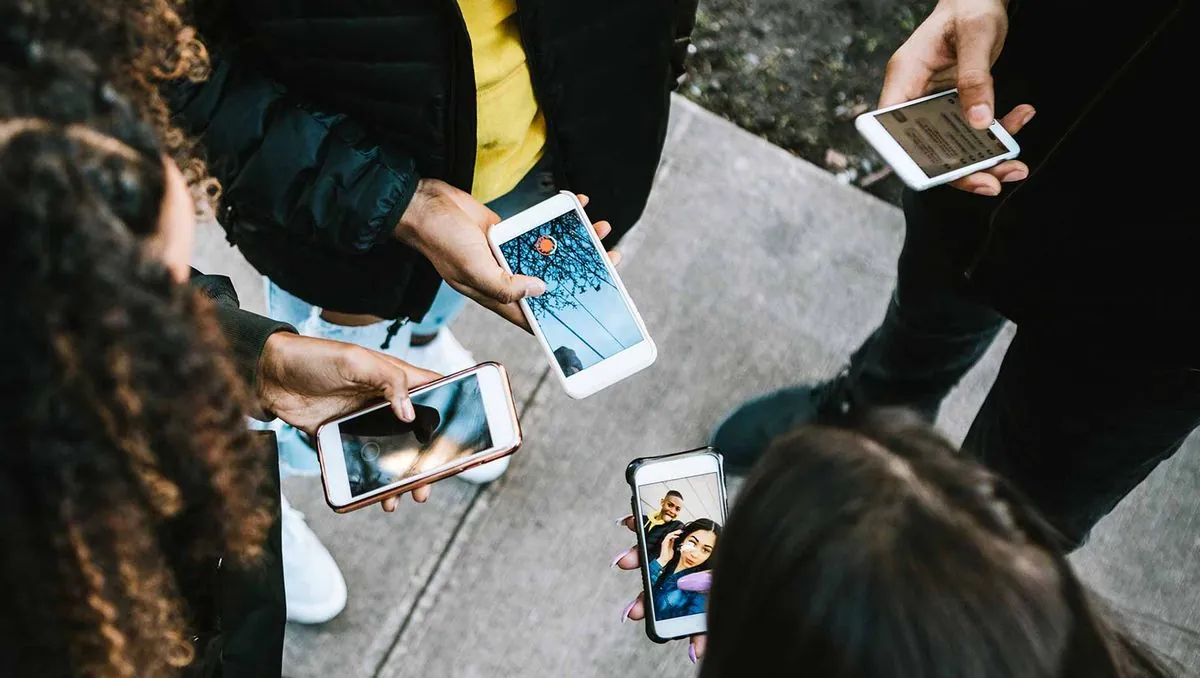In Kenya, a nation grappling with rising violence against women, Eric Amunga has emerged as a controversial figure in the online "manosphere." Every Saturday, his posts reach 1.9 million followers on social media, sparking debates about masculinity and gender relations.
Amunga's influence has come under scrutiny following recent tragic events. Last month, Rebecca Cheptegei, a Ugandan Olympic athlete residing in Kenya, was fatally attacked, allegedly by her ex-partner. This incident marks the fourth female athlete murdered in Kenya since 2021, with partners or ex-partners being the primary suspects in each case.
The broader context is equally alarming. In July 2024, authorities discovered the remains of up to 13 women in a Nairobi dump. Earlier this year, a series of murders in short-term rentals, dubbed the "AirBnb killings," prompted nationwide protests against femicide.
While not directly linked to these crimes, critics argue that online influencers like Amunga contribute to a culture that normalizes violence against women. Irungu Houghton, Amnesty International's Kenya head, stated, "The corrosive power of online misogynistic disinformation is reinforcing the most negative and vicious of vices."
Amunga's content often includes questionable advice and pseudoscience, but it's his views on gender roles that raise the most concern. He frequently tells followers to "be a pimp, not a simp," and describes women as "reactionary," "emotional," and "manipulative." While not explicitly advocating violence, critics worry that his messages may be interpreted as tacit encouragement for abusive behavior.
The impact of such content is felt even in schools. One Kenyan headteacher reported that boys are "feeding on a toxic online diet" provided by influencers like Amunga, Andrew Kibe, and Andrew Tate.
Kenya's struggle with domestic violence is well-documented, with surveys indicating that between one-third and half of women in the country have experienced sexual or physical violence. This rate is among the highest globally.
The issue extends to the political sphere. Esther Passaris, a Kenyan MP, has shared her experiences of assault and threats, including an alleged incident in parliament in June 2024.
"If a guy could do something like this to me as an MP, can you imagine what he is doing to vulnerable girls in the village or the slum."
Activists emphasize that online toxicity is not the root cause but an amplifier of existing misogyny. They call for a multi-faceted approach, including improved police investigations, more shelters for survivors, and countering online misinformation.
Many are urging William Ruto, Kenya's president, to lead a national campaign against violence towards women. Irungu Houghton stressed, "A presidential statement on the subject would have a significant degree of influence."
As Kenya continues to grapple with these issues, the debate surrounding online influencers like Amunga highlights the complex interplay between social media, gender relations, and real-world violence.
